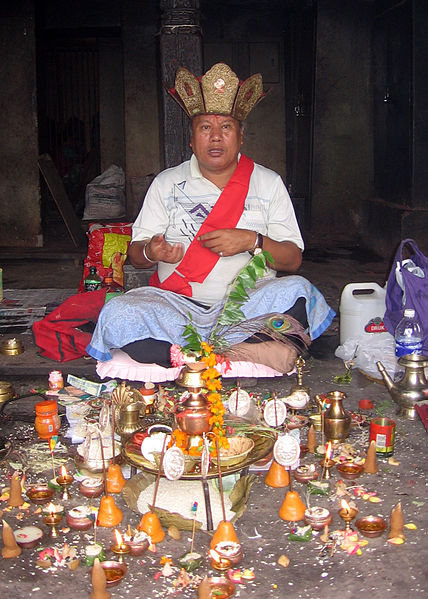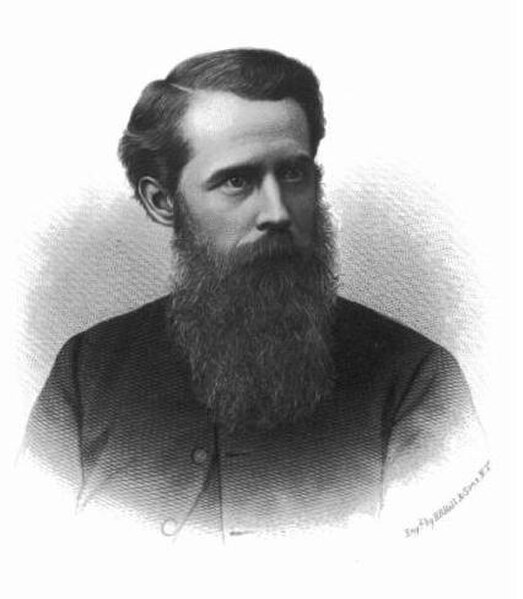A priest is a religious leader authorized to perform the sacred rituals of a religion, especially as a mediatory agent between humans and one or more deities. They also have the authority or power to administer religious rites; in particular, rites of sacrifice to, and propitiation of, a deity or deities. Their office or position is the "priesthood", a term which also may apply to such persons collectively. A priest may have the duty to hear confessions periodically, give marriage counseling, provide prenuptial counseling, give spiritual direction, teach catechism, or visit those confined indoors, such as the sick in hospitals and nursing homes.
Catholic priests in Rome, Italy, 2005
A vajracharya (thunderbolt-carrier), a Newar Buddhist priest
Bronze statue of an Egyptian priest, 6th c. BCE, Ephesus Archaeological Museum
Vestal Virgin priestess of Ancient Rome
Clergy are formal leaders within established religions. Their roles and functions vary in different religious traditions, but usually involve presiding over specific rituals and teaching their religion's doctrines and practices. Some of the terms used for individual clergy are clergyman, clergywoman, clergyperson, churchman,
cleric, ecclesiastic, and vicegerent while clerk in holy orders has a long history but is rarely used.
14th Dalai Lama, Tenzin Gyatso in 2007
Bishop Maurício Andrade, primate of the Anglican Episcopal Church of Brazil, gives a crosier to Bishop Saulo Barros
Sir George Fleming, 2nd Baronet, British churchman.
Charles Wesley Leffingwell, Episcopal priest








